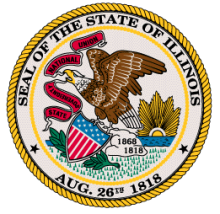New from the Carolinas
Salisbury, a community in North Carolina building a city-owned full fiber-to-the-home network, has run into an unexpected difficulty: naming the new network.
To put it simply, all the good names are taken. Mike Crowell, director of broadband services — he jokes that he is the director of BS — says the city can't find a name that it can both trademark and get a domain name for.
The story has some entertaining suggestions - but the reason I wanted to note the article is because it ends with this:
In coming weeks, the city will be purchasing and outfitting a marketing trailer, which it can send into neighborhoods and to community events to explain the new cable utility and get people excited about what's around the bend. The trailer will be plastered, of course, with the system's chosen name.
This is a great marketing method - particularly if the trailer has computers showing what is possible with the new network in direct comparison to existing offers. Wilson's Greenlight Network also used this approach and reported that it was very successful.
South Carolina was unique in being the only state where the public controlled the spectrum available for WiMax and could have built a state-wide broadband network. Instead, they chose to sell it off to the private sector for a pittance.
Despite state-created barriers to publicly owned broadband networks in South Carolina, the town of Hartsville is studying the feasibility of a city-owned network. The new Mayor is supporting this initiative:
Pennington spoke about a proposed broadband initiative he is pushing that would enable the city to create a fiber optic network and offer broadband services such as high speed internet, cable television and digital telephone service to city residents and businesses.




